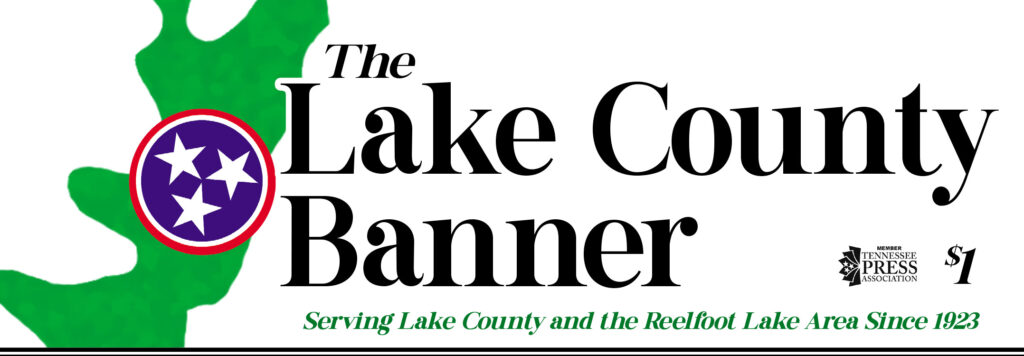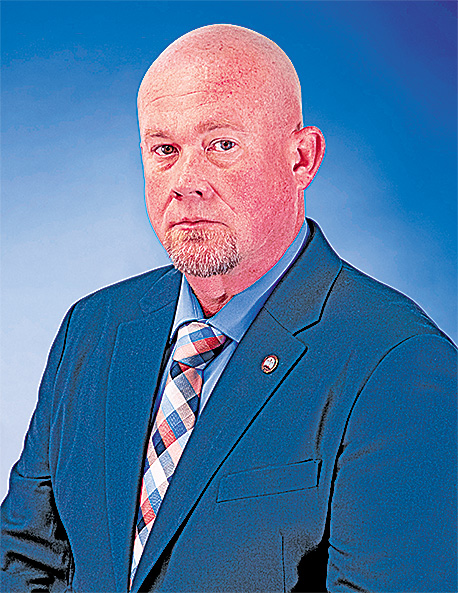Recycling is one of the easiest and most accessible ways for people to start living a more environmentally friendly life. Thanks to the increasing popularity of recycled materials and the use of curbside waste pickup, recycling is now easier than ever before. Despite the ease of use, however, there still seem to be quite a few misconceptions that relate to recycling. These misconceptions may not seem very significant at first, but they can often put people off from recycling altogether, which is certainly not ideal. This guide debunks several common myths about recycling and explores how recycling just a few items every day can make a big difference.
Myth #1: Plastic is recyclable no matter what form it’s in
Most recyclable items fall into one of three categories: paper, metal, or plastic. However, there are some exceptions within each category, and not all plastic items are recyclable. Depending on the type of plastic and its use, some items may require alternate disposal methods. Plastic grocery bags, for instance, are not recyclable in the traditional manner. They require special methods to ensure they break down properly during the recycling process and, therefore, cannot go into a curbside recycling can. Likewise, not all plastic packaging is recyclable in the same manner. All plastic items bear a recycling code on the bottom of the package. Plastics marked with a 1 or 2 are the most widely recyclable, while others may require more specialized disposal methods.
Myth #2: Sorting recyclables is more work than it’s worth
Because not all waste items are recyclable, you must first sort them accordingly. However, recyclable items require far less sorting than most people recognize. There are many misconceptions regarding specific rules and requirements for recyclable items. The belief that plastic bottles aren’t recyclable if the cap is on or that envelopes with a plastic window require specific recycling measures is simply not true. As such, sorting your recyclables is not as much of a hassle as many people believe. Sorting items into categories of recyclables, compost, and solid waste is generally sufficient.
Myth #3: Items must be spotless before they can be recycled
One of the most common myths about recycling is that items must be absolutely spotless before they go in the recycling bin. While it is true that items that have come into contact with food should be clean and dry before they are recycled, they do not need to be nearly as pristine as many people believe. Briefly rinsing recyclable products is generally sufficient, so you don’t need to spend a long time scrubbing your recyclables.







